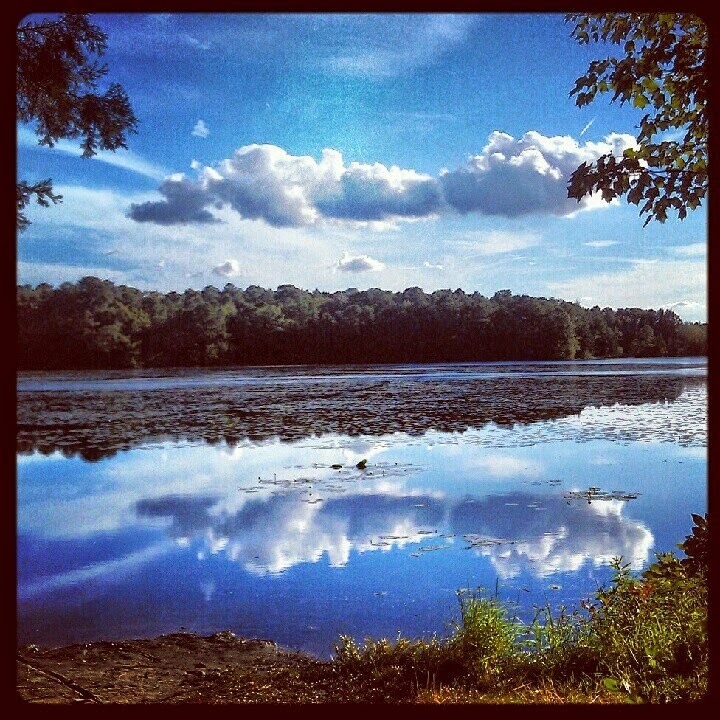I transferred to Stockton in 2011 after spending two years at Ocean County College. While I was at OCC I studied Behavioral Science and I thought I was on the tract to an eventual job in Occupational Therapy. This possible occupation filled me with uncertainty and lackluster ambition. As I continued on this path at Stockton I quickly realized I was making the wrong choice in what I wanted to do with my life. I recognized that I was ignoring the ambitions I had as a 12 year old kid hiking in the Sedona mountains. The realization that I was trying to please others rather than myself became apparent. The decision to change my major to Environmental Science in my junior year was not an easy one but a necessary one. I knew that I wanted to wake up every morning with the possibility of working with nature in some aspect and that this objective would empower me. At the time I did not have a clear idea of what that would entail but I knew I would make it happen.
Erasing three years of college and starting new in a different field was difficult but it has surely been rewarding. I have met amazing students and professors who literally teach me something new everyday. This is exactly what I was expecting from an academic experience. Stockton has provided the resources that I needed to achieve my goals. I was able to work with computer programs I would not have access to otherwise. Measuring, sampling and analyzing tools provided by the school made classes a true hands-on experience. The students and faculty at Stockton have also been a necessary factor in my college education. I have learned so much just from other students and also the personal experiences and education that the professors have to offer.
Not only have I attained technical knowledge in the environmental field but I have gained personal knowledge and grown as a person. I have developed views and beliefs that I can stand by with the knowledge that I have gained. Furthermore, I know that I will be able to take all that I have gained from my experiences and apply them to my future endeavors. This, to me, is the epitome of a college education. Regardless of where I find myself in the future, what I have gained from my experiences at Stockton have been priceless and life changing.
Due to the extensive time, energy, and resources I have put into my college education I will be leaving with the necessary means to continue on to graduate school. At this time, I do not have plans to apply for graduate school but I know that it is a possibility and that is very reassuring. I would like to gain more hands-on knowledge and experience when I graduate in the fall in order to determine what I would like to focus on in graduate school.




